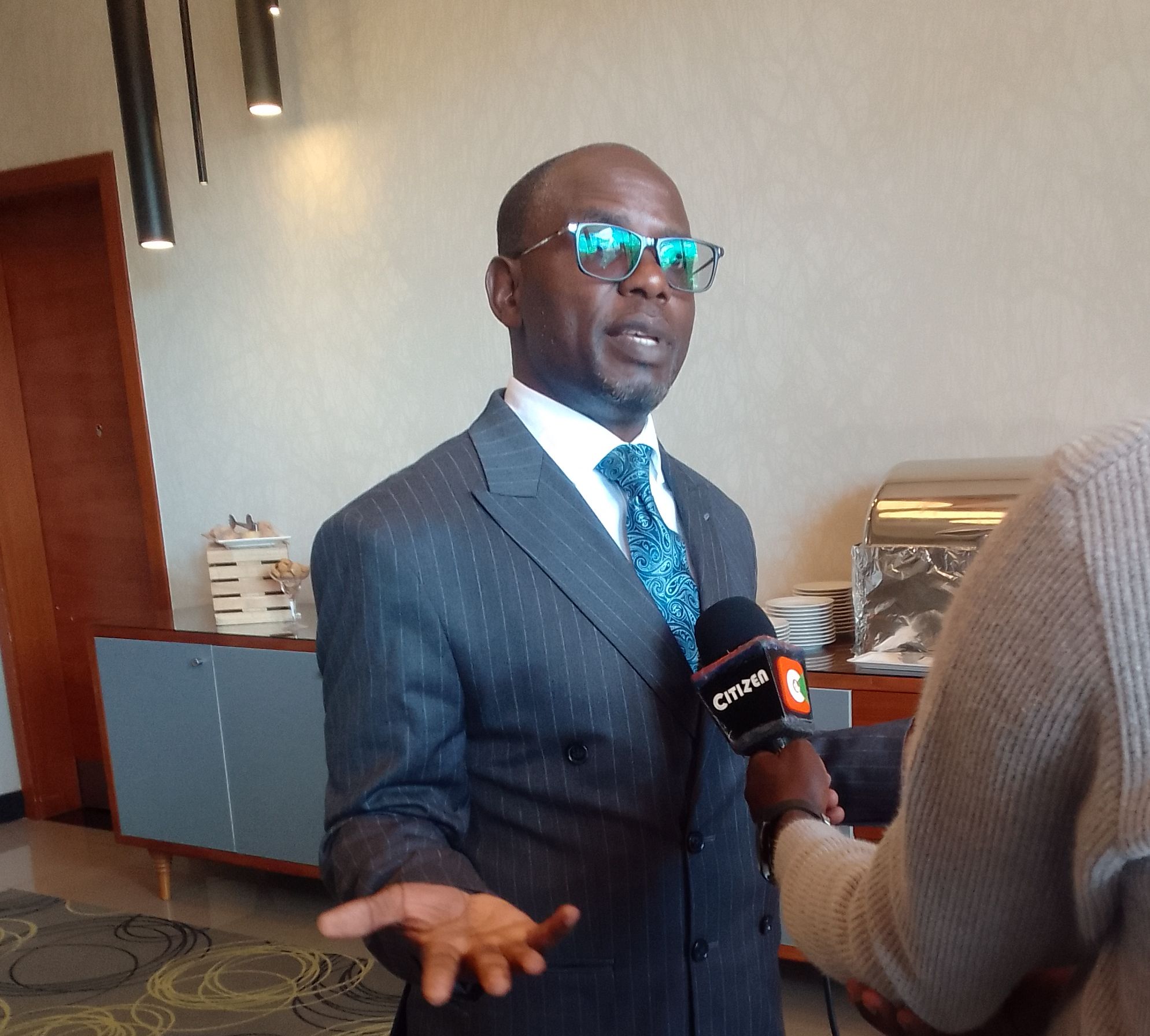
More than 2 million children in Kenya do not access formal education every year
Government will have to set up schools outside pathetich settlements due to small spaces in order to cater basic education to destitute children
More than 2 million children at informal settlements in major cities and towns will now change their status and study under formal education if the bill sponsored by Mathare Member of Parliament Anthony Aluoch will sail through
Presenting the Basic Education Amendment Bill 2023, before the National Assembly Committee on Budget and Appropriation, Aluoch urged the committee members to consider the plight of children who can’t afford neither public nor private schools
“In Mathare constituency alone, we have 56,000 children who go to church on Sunday and between Monday and Friday, they are in the same church being taught by non teachers just to know the meaning of education!
Our systems (read Government) have provided education for 26000 children in Mathare: those in public and private schools; meaning the National Integrated Management Education Systems [read Ministry of Education] don’t have the data of the remaining children, so what is their future?,” Aluoch questioned the committee chaired by Kiharu legislator Ndindi Nyoro
According to Aluoch, the situation is similar in slums within Kisumu town, Mombasa, Nakuru and Eldoret with a growing number of children who can’t access formal education systems
This, prompted the lawmaker to legislate this pieces of legislation in the 12th Parliament but it flopped in 2018 at the committee level where MPs sought to increase capitation instead in most of urban areas especially in Nairobi which until to date the situation has never been managed or mitigated
On his part Nyoro noted the significance that bill will play if passed as a law on accessing formal education to vulnerable and marginalized children who are not recognized in many of the upgrowing slums within urban settlements
If passed the Ministry of Education will only spent between Ksh2.5 billion to Ksh3 billion on providing basic and formal education to the said groups by establishing schools and hiring teachers in the informal settlements who will take them through the recognised syllabus under Kenya Institute of Curriculum Development
Aluoch emphasised that Mathare for instance is a 4 sq KM, where by it has 23 public schools; meaning any other school set up to accommodate those unrecognised will have to get another place out of the constituency to undergo formal education
The same will be done go small slums which has a growing number of street children and other orphanaged who will require be taken to different areas to get 100 transition to formal education as per the Kenyan Government agenda


This is very good article. The government should probably work with the private community schools to ensure and capitate them as the out of school children join here.
Thanks Alice for reading. We endeavour to give you impactiful stories
Very well said Mheshimiwa!
Absolutely, Alternative Provision of Basic Education Training (APBET) plays a very vital role in addressing educational challenges within urban slums in Kenya, facilitating access and smooth transitions for children who might otherwise face barriers to traditional schooling. It helps bridge gaps and provides tailored approaches to ensure quality education reaches marginalized communities.
Thank you very much our Brand Ambassador!
Very well articulated.
APBET has changed many and offered education to many. Those who have benefited from APBET have changed the society. Those who have achieved higher education are currently giving back. Therefore there’s need to recognize and assist APBET.
Good reactions Mr Wycliffe Mukabwa. Thank you for reading our stories
This is a nice move by Hon. Oluoch. I pray he gets support in the august house. If it ever finds its way onto the platform for public participation, I will personally rally the APBET schools to support it.
Since convention of the rights of the child are founded on respect for the dignity and worth of each individual child, regardless of race, colour, gender, language, religion, opinions, origins, wealth, and I dare say regardless of where they live, this bill shall equalise the disparities that exist in the provision of education for the children in Kenya. After all, ALL of us pay taxes, including those of us who live in the slums and whose children go to APBET schools!!!
Go! Mheshimiwa GOOOO!!!!!!!
Díky moc!|Hej, jeg synes, dette er en fremragende blog. Jeg snublede over det;
**boostaro**
Boostaro is a purpose-built wellness formula created for men who want to strengthen vitality, confidence, and everyday performance.